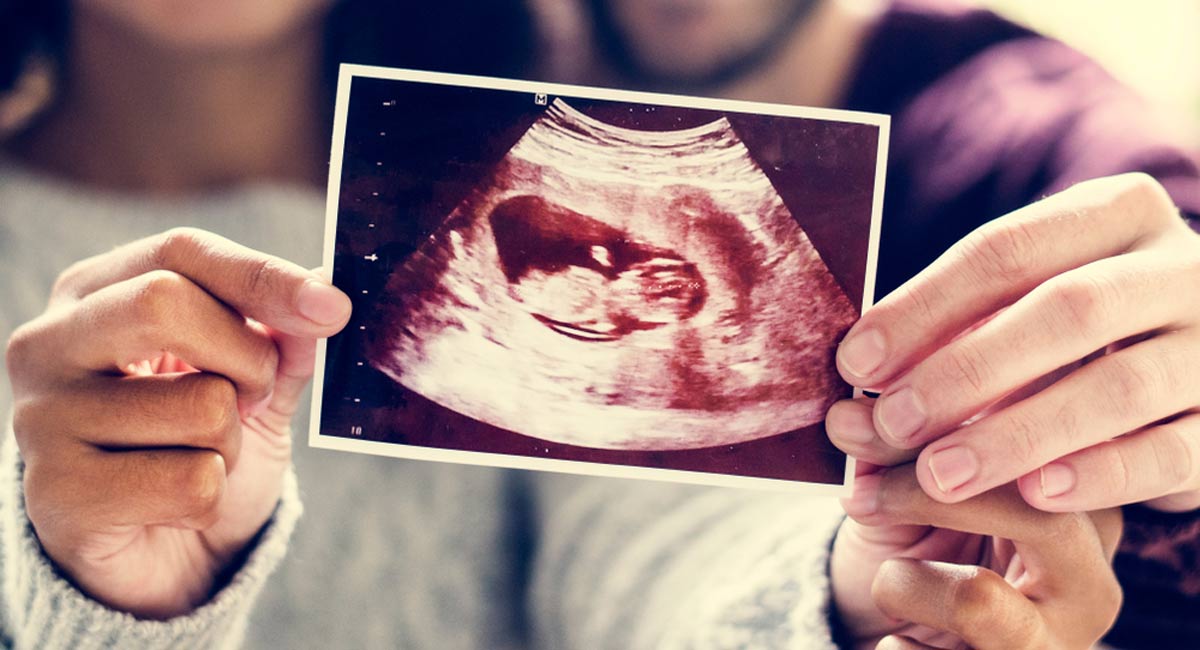Prosecutors in a murder case have asked the judge to allow the inclusion of autopsy photos of the preborn child who was killed along with his/her mother when she was 14 weeks pregnant. The attorneys for the defendant are hoping to prevent that.
The trial for Rafiq Thompson, 40, is scheduled to begin on September 5. He is facing charges of first- and third-degree murder, murder of an unborn child, possession of a prohibited firearm and firearms not to be carried without a license in connection with the April 8, 2022, fatal shooting of 31-year-old Tamara Cornelius and her child.
Cornelius and Thompson were an ex-couple, and he allegedly shot her four times while she was pumping gas at a gas station in Upper Merion, Pennsylvania. Text messages between Thompson and Cornelius show that she had identified him as the father of the baby.
Montgomery County District Attorney Kevin R. Steele asked Judge William R. Carpenter to allow the jury to see two autopsy photos of the baby when the trial begins. He presented the judge with the photos and the judge is considering allowing them.
Co-prosecutor Samantha A. Arean told Carpenter that just because a doctor can take the stand and describe the baby’s wounds to the jury does not mean it is unnecessary to show the jury the images of the child in order to help them understand the crime.
“Photos serve to enhance that understanding,” Arena wrote in court documents.
Steele noted, “There are two photos of an unborn child. One of the charges against the defendant, in this case, is the murder of an unborn child. They show that this was a fetus in the mother’s womb.”
Defense attorney Francis Genovese, however, stated that the jury should not be allowed to see the photos of the baby because the photos would “shock the conscience of the jury” and therefore make the jury prejudiced against Thompson.
“They have absolutely no evidentiary value to the case. It’s certainly not being contested that the unborn child died and died as a result of the mother’s injuries that she suffered as a result of the gunshot wounds. The child itself didn’t suffer any trauma as a result of the gunshot wounds,” Genovese argued.
According to The Mercury, court documents show that at the end of March, Cornelius was trying to end her relationship with Thompson and that he texted her 93 times and called her 21 times between April 4 and 6. She did not answer.
On April 8, he texted to invite her to dinner. She responded with phone calls and the two met at The Cheesecake Factory. Thompson left the restaurant at 9:43 p.m. and Cornelius paid the bill and left the restaurant at 10:15 p.m. She drove to the gas station and Thompson allegedly followed her with his headlights off, confronted her, and shot her multiple times as she tried to run away. He fled the scene and about an hour and a half later, stopped to buy food at McDonalds.
Thompson was on state parole at the time of Cornelius’ murder after serving three years for intentionally striking his ex-girlfriend with his car and seriously injuring her in 2016. He surrendered to police on April 13 regarding the murder of Cornelius, for which he faces the death penalty.
Cornelius was the mother of three other children and had just purchased her first home at the time of her death.
Research has shown that pregnant women are more likely to die by homicide than any other cause, including pregnancy-related illness. A study from 2021 shows that there were 3.62 homicides per 100,000 live births among females who were pregnant or had given birth within one year. This rate is 16% higher than the homicide rate among non-pregnant and non-postpartum women of reproductive age, which saw 3.12 deaths per 100,000 lives births in that time period. The abortion industry’s “solution” to this problem of violence appears to be exacting a violent death upon the innocent preborn child via abortion.
The researchers concluded, “Homicide during pregnancy or within 42 days of the end of pregnancy exceeded all the leading causes of maternal mortality by more than twofold.” In addition, the risk of homicide was “significantly elevated” among pregnant Black women and among girls and younger women ages 10 to 24 across racial and ethnic subgroups.
During pregnancy and shortly after giving birth, women are more vulnerable to becoming victims of domestic violence. According to the Family Violence Prevention Fund, women are more likely to die by homicide while pregnant at the hands of their partner than to die by any other cause.
Editor’s Note: The National Domestic Violence Hotline can be reached 24/7 at 800-799-7233.








